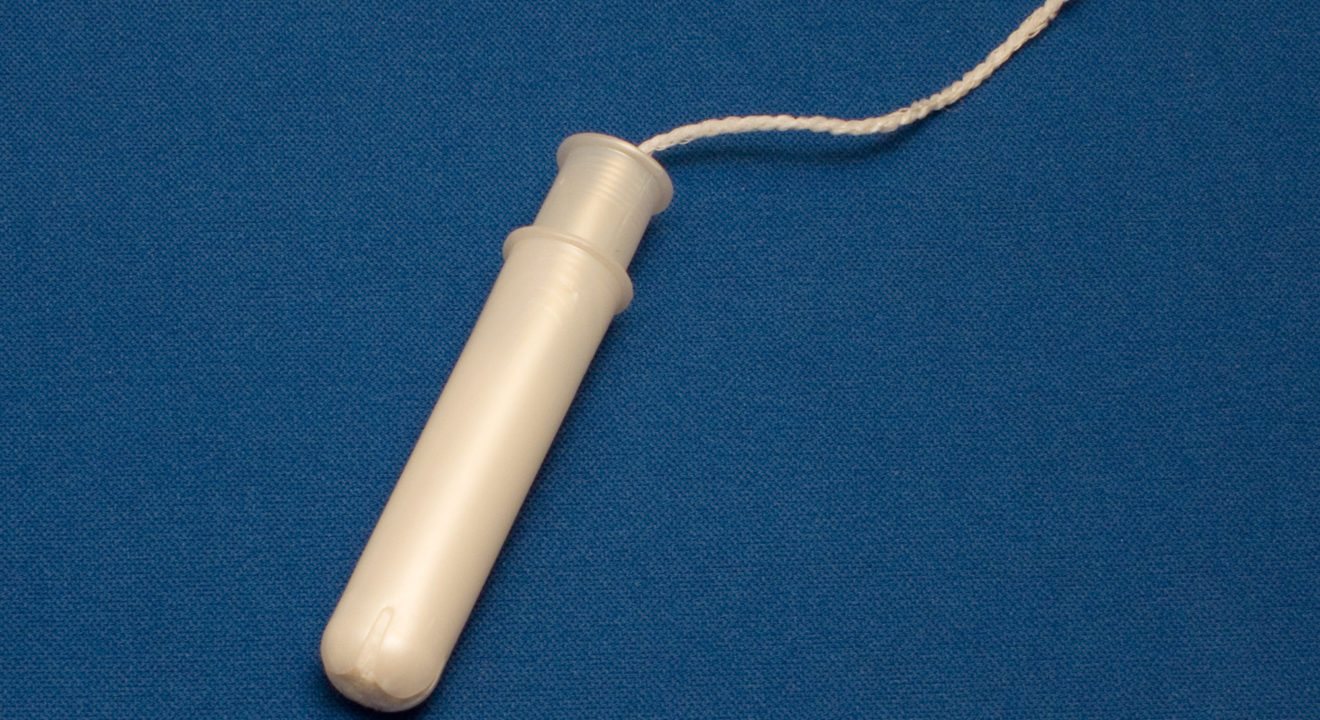Sustainability June 4, 2018
Are organic tampons safer?


There are a number of different period products women can choose from, including reusable menstrual cups. Despite the emergence of all these new, sustainable products, tampons continue to be the most used period product in the U.S. In fact, around 70% of women in America use tampons. Most of us use tampons without giving them a second thought or wondering what’s in a tampon. But the vagina is highly absorbent so whatever goes into a tampon eventually ends up in our bodies. So should we be using organic tampons for one of our most sensitive areas? The answer to this question is not as simple as you might think. Here is a starter guide to figuring out whether organic tampons are worth it.
Have you ever looked at the ingredients of a tampon? Probably not. We look at the ingredients of the food we put in our body so why not our tampons? Well, one of the reasons you might not know exactly what’s in your tampon is because companies are far from transparent in their labeling. Since tampons are considered medical devices, the Food and Drug Administration does not require tampon companies to list all their ingredients.
What we do know is that most tampons that are not made from organic cotton. Most cotton farmers spray their crops with pesticides, meaning there is a chance your conventional tampons contain pesticides. Tampons also contain synthetic fibers like rayon. Synthetic fibers make it easier for bacteria to breed since they more easily stick to your vaginal wall. Leftover fibers increase your risk of Toxic Shock Syndrome (TSS).
The jury is still out on whether organic tampons are safer. Its unclear whether organic tampons lower your risk for TSS. Research suggests that TSS is more associated with fragrance and length of use than organic cotton.
Research suggests that organic cotton is likely healthier for the environment. Since organic tampons contain 100% natural material they biodegrade quicker than rayon-cotton blends. The intensive pesticide use in conventional cotton farming also means that farmers and nearby communities are exposed to these poisonous chemicals. Pesticides can also seep into the soil and water sources. So while organic tampons may or may not be significantly safer for you, organic cotton is likely safer for the soil and for the farmers.
It seems that the discussion of whether or not to use organic tampons boils down to the question of whether or not to use organic cotton in general. If you are skeptical about potentially toxic ingredients in tampons (remember we still don’t know all of the ingredients) or if you support organic farming in general, then you may want to make the switch to organic tampons.
Here are five organic tampon brands to consider:
1. Lola
3. Cora
5. Organyc
The high cost of tampons and feminine hygiene products is already a discriminatory issue in it of itself. So I understand that it may be unrealistic to ask women to pay even more for organic brands. But if its worth it to you to pay more for that organic apple, maybe you want to consider paying more for an organic tampon. Whether you are team organic tampon or not, I think we can all agree that women deserve more transparency about what’s in our period products.